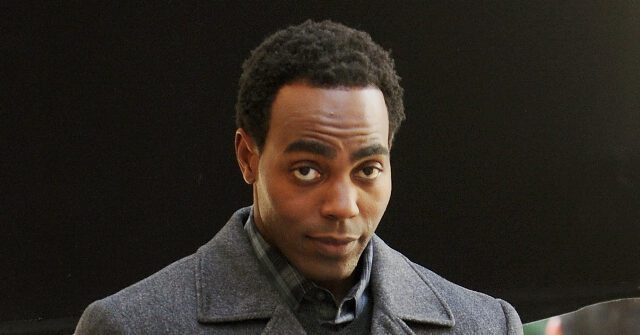Actor Clifton Duncan, renowned for his roles in acclaimed TV series such as NCIS: New Orleans, Flesh and Bone, and The Good Fight, has sparked an essential debate in the entertainment industry. In a recent statement on social media, Duncan vehemently opposed the rising culture of “diversity hiring”. The actor, lauded for his candidness and conviction, has denounced diversity hiring as disparaging for minorities, arguing it belittles their accomplishments and stirs insidious doubt about the legitimacy of their successes.
I earned my MFA from the finest acting conservatory in the US.
Only 2% of applicants make it in.
Some of my incredibly gifted classmates auditioned multiple times to get in.
I got in on my 1st go.
I secured a great agent and was taking meetings with major casting directors…
— Clifton Duncan (@cliftonaduncan) January 11, 2024
Duncan, with a theatrical career spanning over a decade and a master’s in Fine Arts from one of America’s top-tier conservatoriums, shed light on his personal journey into acting. He punctuated his narrative with a poignant question: how much of his triumphs were truly his own, and how much was due to the color of his skin? He decried the existing perception that minorities achieve only because of “diversity” policies, which he believes to be thoroughly disheartening.
In his public address, Duncan candidly acknowledged that his skin color might indeed have played a part in his achievements. Yet, he rejected the notion of diversity hiring, emphasizing that many have supported his journey from his teens, well before the “woke” movement was born. He expressed disappointment towards such practices, asserting they tarnish hard-won successes and insinuate that they are more the products of white guilt than talent or persistence.
Well said
— Elon Musk (@elonmusk) January 11, 2024
Towards the end, Duncan took a firm stand against the practices being promoted under the banner of Diversity, Equity, and Inclusion (DEI). He dismissed the argument that minorities need DEI to succeed and penned a critical message directed towards its proponents, challenging them to recognize their individual worth and strive for excellence on their merit.
The post ignited widespread response, even drawing attention from notable figures like entrepreneur Elon Musk, who publicly endorsed Duncan’s sentiments. Musk’s endorsement came shortly after his rigorous debate with NBA owner Mark Cuban over the implementation of DEI practices in businesses.
In conclusion, Clifton Duncan has emerged as a vocal critic of diversity hiring, a practice he condemns as deeply insulting to minorities. His assertions have stirred a broader conversation about the integrity and implications of current diversity policies. Duncan’s candid remarks underscore the necessity to reassess these practices, a need underlined by a public figure of Duncan’s magnitude voicing such concerns. The question remains: in our well-intentioned pursuit of inclusion, are we inadvertently eroding the self-worth and accomplishments of those we aim to uplift?



